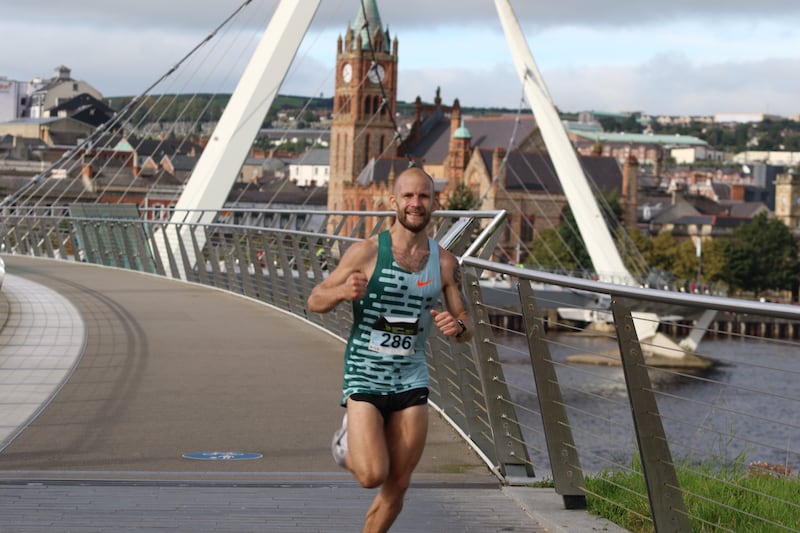ONE of the organisers of the Bloody Sunday march has claimed the Saville Report did not get to the “full truth”.
Thirteen people were killed and 15 people wounded after members of the British army's Parachute Regiment opened fire on civil rights demonstrators on January 30 1972.
Activist Eamonn McCann, who is a People Before Profit councillor in Derry, said he believed the British ruling class were wrongly exonerated from any wrong-doing in the Bloody Sunday killings.
He was commenting on the tenth anniversary of the publication of the Saville Report. A leading human rights campaigner in 1972, Mr McCann was due to speak at the anti-internment protest.
He said it took him days to read Lord Saville’s report which exonerated the dead and wounded and placed the blame with ten “rank and file soldiers and one allegedly undisciplined officer”.
Mr McCann said some of the report’s detail sat uncomfortably with his memory.
“The top brass and the politicians were, without exception, given a clean bill of health. This wasn’t right."
He added that the Saville findings and subsequent apology by then Prime Minister David Cameron were what was required as "to make difficulties now was to be an enemy of reconciliation."
Mr McCann was particularly critical of the way the Saville Inquiry treated the evidence of then Captain Michael Jackson, who was second-in-command of the Parachute battalion on Bloody Sunday and Major Ted Loden, who commanded the company which opened fire.
Jackson eventually became Britain’s top soldier as chief of the General Staff. Loden rose to become a colonel in the British army. He was murdered while visiting family members in Nigeria in 2013.
In the minutes after the shootings ended on Bloody Sunday, Jackson drew up a list of the shots fired by each soldier while Loden interviewed each soldier.
The map was subsequently used as the basis for the British government’s claim that the Parachute Regiment shot identified targets and was found to be inaccurate by Saville. However, Lord Saville rejected claims that Jackson’s list played a part in any cover-up.
Mr McCann said: "A handful of squaddies has been put in the frame for the massacre. But nobody who matters to people who matter will suffer any discomfort,” he said.
Mr McCann said the campaign for the "full truth" about Bloody Sunday would continue.






